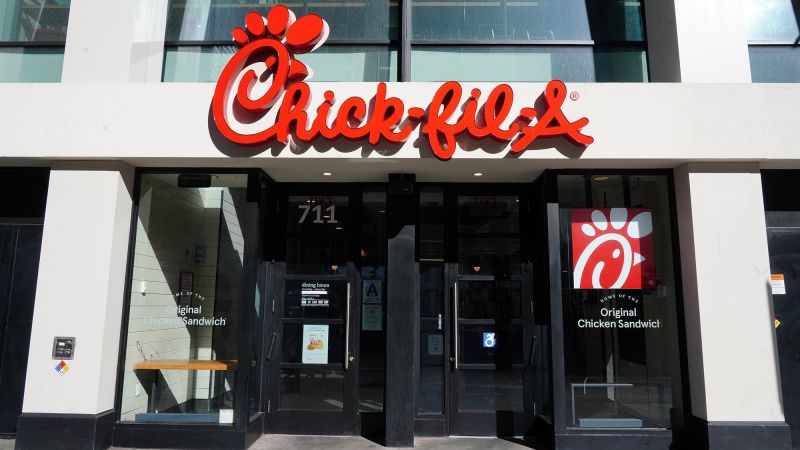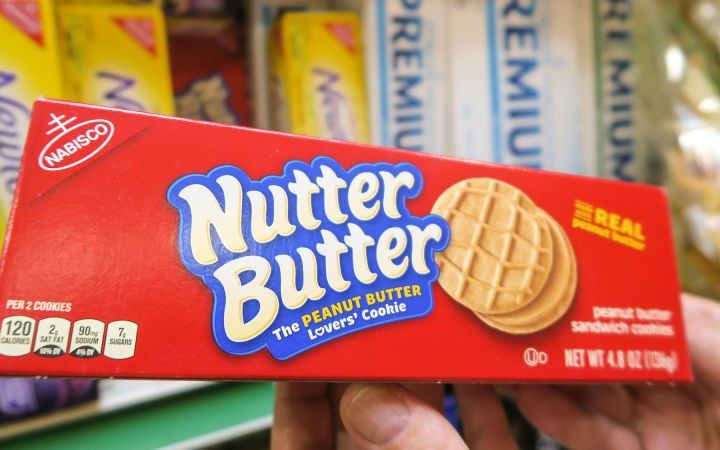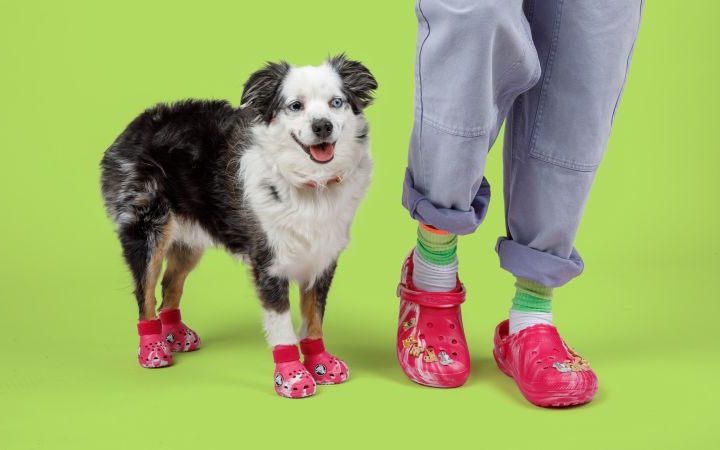Chick-fil-A is ditching its “no antibiotics ever” promise.
Citing diminishing chicken supply, Chick-fil-A will back off its pledge never to serve chicken that was fed antibiotics, and instead it will embrace a looser industry standard: “no antibiotics important to human medicine.” Chick-fil-A first announced that it would abandon antibiotics in 2014.
The change comes after Tyson, America’s biggest poultry company, last summer ended its eight-year-pledge to keep antibiotics out of its chicken. Like Chick-fil-A, Tyson said it will ensure the chicken it produces is not fed antibiotics that are important to the treatment of humans — a standard recognized by the USDA and the World Health Organization.
As for other meat processors, Pilgrim’s Pride says it uses some antibiotics, while Perdue still says it does not.
Antibiotic use in food production has come under intense scrutiny in recent years as some bacterial infections in humans have become increasingly resistant to treatment as a result of more frequent exposure to the drugs.
But diseases in chicken coops can be difficult to control, as poultry farmers learned the hard way when a highly infectious avian flu ravaged their flocks over the past couple years, sending prices of chicken and eggs surging before coming back down to Earth late last year. That particular disease is not treatable with antibiotics, but other diseases that can kill chickens do respond to antibiotics.
In addition to chickens’ health, antibiotics are particularly important to promote poultry growth — particularly for items like large broiler chickens.
Chick-fil-A said in its statement that the company remains committed to serving only white breast meat with no added hormones, artificial preservatives or fillers. It expects to transition to sourcing chicken fed with antibiotics this spring.
About half of US poultry farmers use some form of antibiotics to help keep chickens healthy, according to Tyson. In many chicken farms, animals are raised in crowded and unsanitary conditions and can be prone to disease.
In WHO’s most recent publication on the “important to human medicine” standard, the group said there remains “clear evidence of adverse human health consequences due to resistant organisms resulting from non-human usage of antimicrobials.” It also said that the types of drugs used to promote growth and health in animals is “frequently the same, or closely related to those used in human medicine.”
With the understanding that antibiotic treatments at times could be important to meat production, WHO in 2007 developed a set of risk assessments that aimed to prevent important antibiotics for humans from being used in animal production.
It noted in that 2007 publication that “an appropriate balance should be struck between animal health needs and human health considerations – human health being, however, paramount compared to animal health.”
Read the full article here







